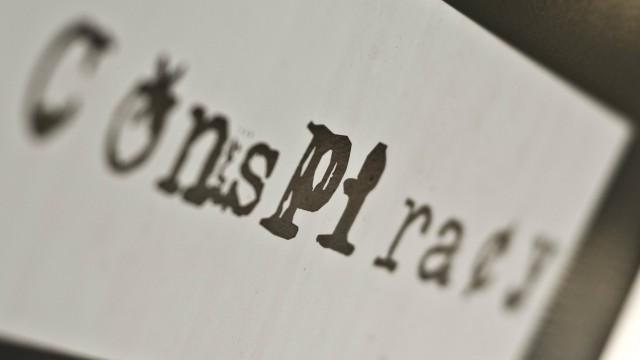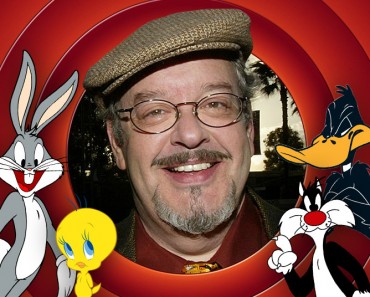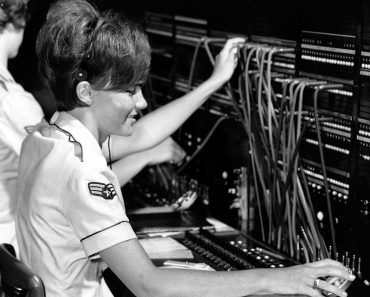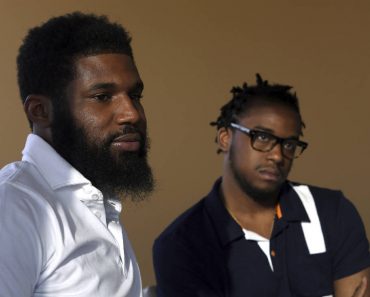
Is the government covering up evidence of alien landings? Are powerful elites plotting a New World Order? Is global warming a hoax? Are vaccines really the government’s attempt at mass mind-control? Is Paul McCartney an impostor replaced to cover up his death?
There seems to be something inexplicably compelling about the nature of conspiracy theories—more than 50% of Americans believe in at least one. You might think that even though substantial minorities of people endorse these seemingly eccentric beliefs, conspiracy ideation is mostly harmless fun, food for those who are palpably out of touch with reality.
Nothing Mythical About the Actual Harm
But conspiracy theories do matter. Conspiracy theories can diminish faith in institutions and government, lead to distrust of science and medicine, and — even worse — inspire acts of violence. And conspiracy theories can be and are being used by those with political influence to shore up their power and mitigate opposition.
Perhaps the reason conspiracy theories seem more powerful than ever is that a conspiracy theorist is now in the White House — a president who is a birther, an occasional vaccine truther, a climate change hoax believer who argued in 2016 that Ted Cruz’s father somehow assisted the assassin of John F. Kennedy.
In the Trump era, when long-held facts seem to matter less, conspiracy theories — theories that create not just, in Kellyanne Conway’s terminology, “alternative facts,” but an entirely new reality — are more threatening, and more critical to understand, than ever before.
Consider the fact that 97%of leading climate scientists have independently concluded that human-caused global warming is real and happening. Yet, just watching a two-minute clip about how it all might be part of a global conspiracy appears to be enough to compel us to dismiss science and make us feel less inclined to engage with important societal issues in general, including helping others in need.
The spread of influential conspiracy propaganda can have serious societal consequences. For example, belief in some conspiracy theories has been associated with aggression, right-wing extremism, racist attitudes against minority groups (e.g., anti-Semitism) and even political violence. Most studies report associations for those who already believe in conspiracy theories.
It’s Never Just About One Conspiracy
Conspiracy theorists rarely simply endorse a single conspiracy theory. Rather, belief in one often serves as evidence for belief in others, and this quickly turns into a worldview with new information about world events processed not according to the weight of the evidence, but rather in terms of how consistent it is with one’s prior convictions.
For example, studies have shown that people who believe in conspiracy theories often espouse mutually contradictory explanations about the same event, and are even eager to endorse entirely made-up conspiracy theories. In sum, it’s not really about the actual evidence anymore, but rather about whether a theory is consistent with a larger conspiratorial worldview.
One reason people fall prey to conspiracy-mindsets is because of a reasoning error known as the “conjunction fallacy” –the tendency to think that specific events are more likely than general ones.
For example, which of the following do you think is more likely? (A) 9/11 was an inside job, (B) Global warming is a hoax, or (C) 9/11 was an inside job and global warming is a hoax?
People are easily swayed by option C due to the false representativeness of the two events (i.e., they are both examples of conspiracy theories, so they seem plausible when paired together).
Misinformation spreads quickly and can do much more harm than you think. The next time someone tries to convince you of a popular conspiracy theory, beware of the conspiracy effect.









